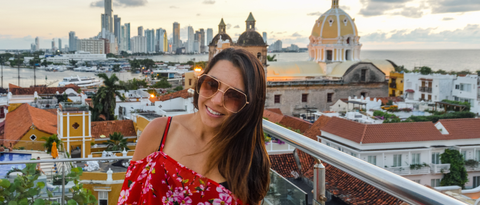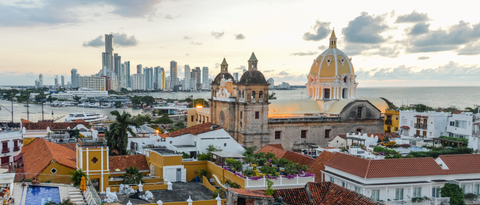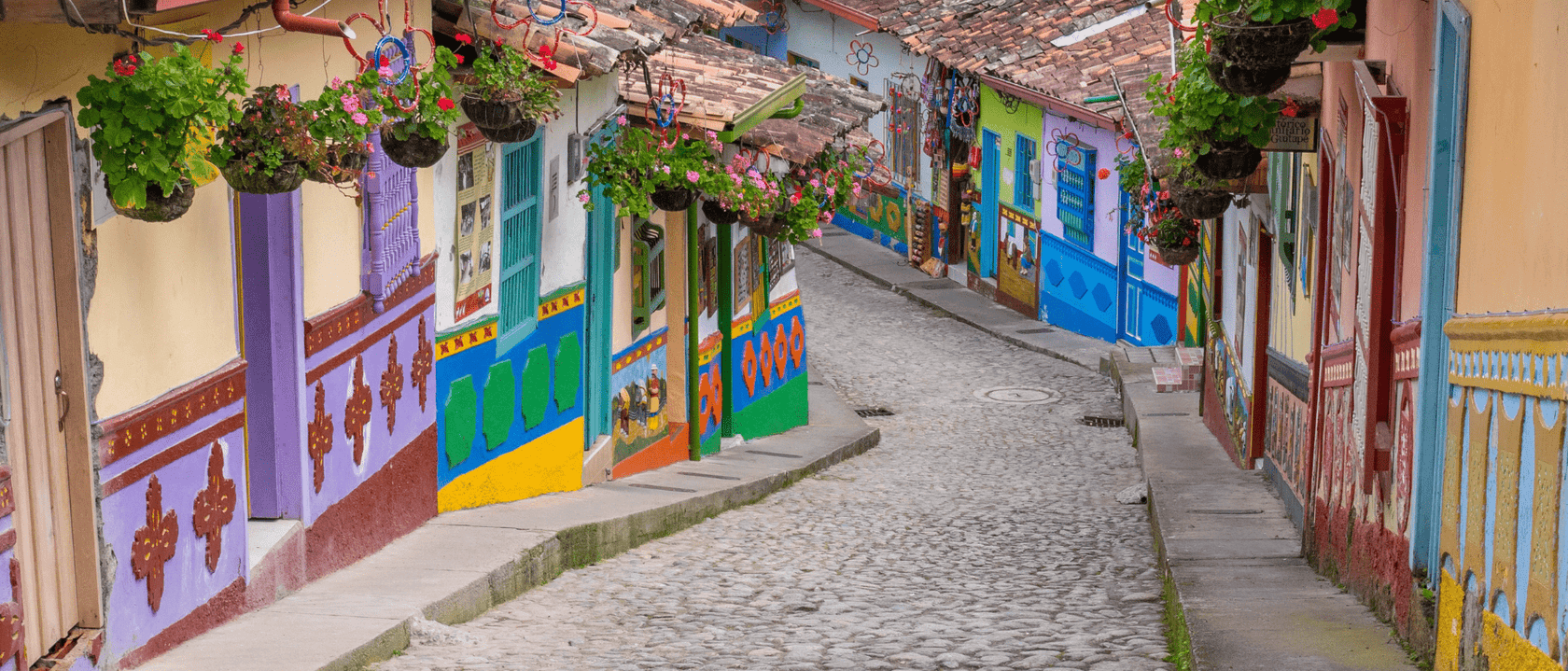Can you drink the water in Colombia? Not everywhere. See why smart travelers pack a water purifier bottle to stay safe and avoid getting sick.
Is The Water in Colombia Safe to Drink?
Colombia is a beautiful country with a lot to offer, from its breathtaking landscapes and vibrant culture to its delicious cuisine. The question of whether you can drink tap water in Colombia doesn't have a straightforward answer. While some major cities like Bogotá and Medellín have relatively safe tap water, the quality may not meet international standards. Additionally, water quality can vary within cities and regions, so it's crucial to stay informed about local conditions.
According to the World Health Organization (WHO), access to safe drinking water in Colombia has improved in recent years. However, challenges such as inadequate infrastructure and pollution remain prevalent, particularly in rural areas.
To ensure that you are safe and healthy during your time in Colombia, it's wise to take precautions when consuming water. If you're in a rural area or a smaller town where water treatment facilities are limited, it's especially important to be careful. Drinking contaminated water can lead to illnesses like diarrhea, cholera, and typhoid fever.
To keep yourself safe, drink from a water filter bottle or properly treated water sources during your stay in Colombia. You can also boil or treat water with chlorine or iodine tablets to ensure that it's safe to drink but most travelers prefer to avoid the hassle of boiling and dislike the chemicals used in tablets.

Can you drink Bogota tap water?
Yes, you can generally drink tap water in Bogotá. The city has made efforts to improve water quality, but it's advisable to use a water filter or boil tap water before consumption to be extra cautious.
Can I brush my teeth with water in Colombia?
While it's generally safe to brush your teeth with tap water in major cities like Bogotá, it's recommended to use filtered or bottled water for brushing in more remote areas or areas with questionable water quality.
Can you drink ice in Colombia?
It's best to avoid consuming ice made from tap water in Colombia, as it may not be adequately treated. Stick to ice made from bottled or purified water to reduce the risk of contamination.
Should Americans drink the water in Colombia?
Americans and other travelers should exercise caution when drinking tap water in Colombia. While some cities have relatively safe tap water, it's essential to be mindful of potential risks and take necessary precautions such as using bottled water or purifying tap water before consumption.

How can I not get sick in Colombia?
If you are planning to travel to Colombia, take measures to ensure that you don't get sick during your stay. Waterborne illnesses and other health issues can be a major concern in the country. To minimize the risk of these problems, it is recommended that you follow the tips below:
- Use a reliable water filter bottle to ensure that the water you consume is safe. It's important to stay safe by drinking clean water. To do this, you can use a water filter bottle, which has a built-in filtration system that removes impurities and contaminants from tap water. These bottles are easy to use, portable, and can give you peace of mind on your travels. When choosing a water filter bottle, look for one that is BPA-free and can filter out viruses, bacteria, parasites, heavy metals, and other harmful substances that can be found in untreated water sources. Ensure safe and convenient travels in Colombia and beyond with Water-to-Go's selection of water purifier bottles for travel.
- Drink bottled water. Choose sealed bottled water from a trusted brand for safety. Single-use plastic water bottles can harm the environment, so use a reusable filter bottle when you travel. If you use a single-use plastic bottle, recycle it properly to minimize its impact.
- Avoid consuming raw fruits and vegetables that may have been washed with contaminated water. Stick to cooked foods and hot beverages, which are less likely to harbor harmful bacteria.
- Practice good hygiene by washing your hands frequently with soap and water. This helps to prevent the spread of germs and bacteria.
- Use insect repellent to protect against mosquito-borne diseases such as dengue fever and Zika virus. This is especially important if you are planning to spend time outdoors or in rural areas.
By following these simple tips, you can help prevent illness and stay healthy during your travels in Colombia.
How do you treat travelers' diarrhea in Colombia?
If you happen to experience traveler's diarrhea or other gastrointestinal issues while in Colombia, it is important to keep yourself hydrated and take proper rest. You can use over-the-counter medications like loperamide (Imodium) to ease the symptoms of diarrhea. However, if the symptoms persist or worsen, it is advisable to seek medical attention immediately.
In summary, Colombia’s water situation has been improving lately. However, as a traveler, you must be cautious. To have a safe and healthy journey, it's crucial to stay informed, take the necessary precautions, and maintain good hygiene practices. By doing so, you can minimize the risk of contracting waterborne illnesses and enjoy your stay in Colombia. Don't forget to prioritize your health and well-being throughout your travels.
Sources:
- Centers for Disease Control and Prevention (CDC) - Travelers' Health: Water Safety
- World Health Organization (WHO) - Water, Sanitation, Hygiene, and Health
For further insights
- United States Environmental Protection Agency (EPA)
Thank You. I’ll be traveling to Bogota in late July-to August , for three wks., your advice was to the point, joey


Comments